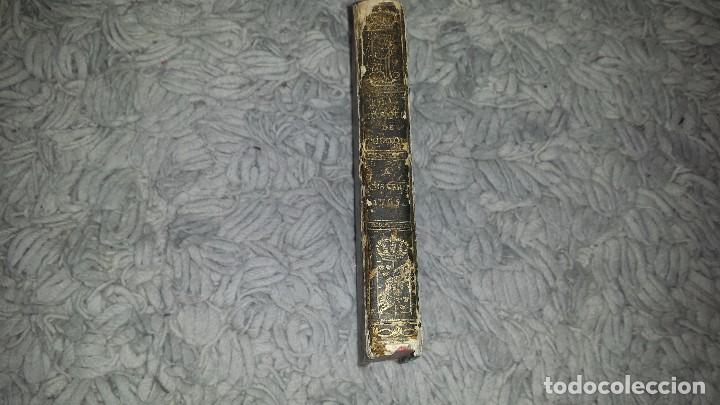
profit from my error." Specifically, he offers us 'lessons' to learn from his past mistakes, like: "corroborate one's data, in particular those acquired casually, such as through hearsay or the back of record albums." He goes on by citing specific mistakes of this nature present in the text of the story as examples of what not to do. As though the publication of "Entropy" were a sort of public service to those in danger of writing similar-grade fiction, Pynchon tells us what he does about this story "only on the chance that others may. In fact, much of what Pynchon has to say in his Introduction concerning this particular story is in the form of advice to those of us who plan on writing short stories in the future. He criticizes himself quite harshly, asserting that the work seems to have stemmed from the desire to "commit on paper a variety of abuses, such as overwriting." He claims that the work is an example of a young writer's mistake of forcing a theme onto the characters rather than having the former develop through the latter, that his concentration on the concept led him to "shortchange the humans in the story." He offers budding writers the following words of wisdom: "Get too conceptual, too cute and remote, and your characters die on the page."

On a stylistic level, Pynchon expresses dislike for this story in his Introduction to Slow Learner.
#THOMAS PICHON WINDOWS#
Aubade, finally comprehending Callisto's thoughts, punches out the windows of their apartment/self-contained ecosystem and sits with Callisto to await "the moment of equilibrium" between their world and the world outside. The story ends with the death of the bird Callisto has attempted to sustain through the transfer of heat from his own body to that of the sick animal. Fahrenheit for a number of days despite the drastic change in weather. Often Aubade checks the temperature outside, which has remained at a constant 37 deg. Callisto clutches a dying bird to his chest while expounding on the nature of Thermodynamics and its theoretical extension beyond the limits of physics into the realms of society and culture as well: just as all closed systems lose energy over time until a 'heat-death' occurs wherein motion ceases, so too does culture have a tendency to lose differentiation and slide toward what Callisto terms 'the Condition of the More Probable.' Entropy, then, which Callisto defines as 'the measure of disorganization for a closed system,' is valuable in that it is "an adequate metaphor to apply to certain phenomena in world" such as the consumerist trend away from difference and toward sameness.

Meanwhile, upstairs in the apartment above Mulligan's lives a man named Callisto in a hermetically sealed hothouse with a half-alien woman named Aubade who perceives all sensory input as sound.

Meatball, however, decides to take action rather than hide silently in the closet, and through the energy he exerts succeeds in minimizing the chaos of the party through the establishment of order, however temporary and fleeting. Saul, a neighbor of Mulligan's, comes in through the window after an argument with his wife concerning communication theory and the tendency for noise to "screw up your signal," making for "disorganization in the circuit." The party degenerates during the course of the story into a chaotic mess: more guests arrive with more booze, drunken Navymen barge in mistaking the place for a 'hoorhouse,' a woman almost drowns herself in the shower, the fridge needs repair. His guests are a colorful bunch, including Sandor Rojas, an "ex-Hungarian Freedom fighter," and the avant-garde Duke di Angelis quartet comprised of Duke, Vincent, Krinkles and Paco who together perform an original piece in complete silence. Meatball Mulligan throws a lease-breaking party at his apartment in Washington, D.C. Thomas Pynchon's Entropy "ENTROPY" by Thomas Pynchon


 0 kommentar(er)
0 kommentar(er)
